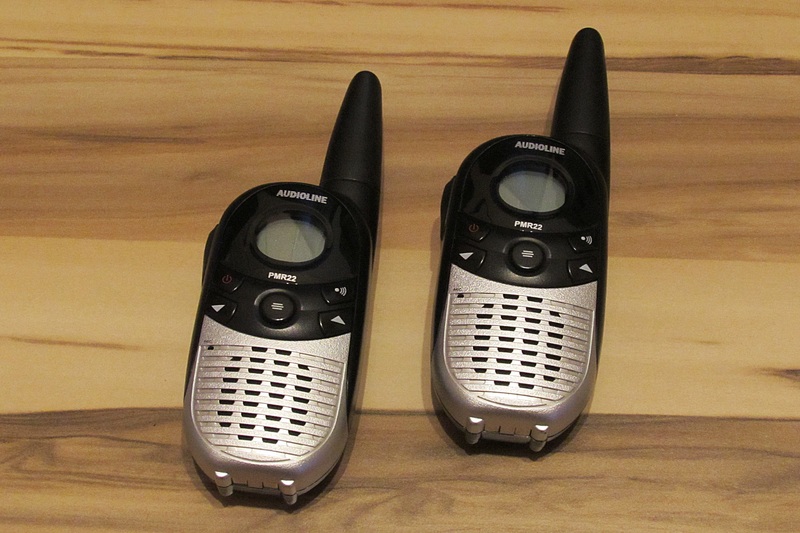New and exciting technologies are entering the dentistry field every day. Everything from 3D printers to photogrammetry are helping dentists perform new procedures that improve the lives of patients. However, one tool for improving a dental practice’s communication is not new technology. I’m talking about two-way radios.

“Two-way radios help get questions answered without having to leave the patient alone.”
When starting our two-way radio business in 2014, we did not think about dental offices as a potential market. However, year after year more dentists and office managers would ask about two-way radios and headsets.
The fact is two-way radios are a simple and effective way to increase the efficiency of your dental practice. Here are a few ways two-way radios can help improve your practice’s communication.
IMPROVING FRONT OFFICE COMMUNICATION
Checking in patients quickly is key to running a successful dental practice. Two-way radios help the front office employees communicate quickly with the dental hygienists to let them know which patients have checked in. Radio communication prevents the many short trips throughout the office from taking place. If the dentist or team has a question for the front office, they’re able to instantly communicate via the two-way radio.
Renn Decker is a front office employee at Mitchell Dental in Scottsdale, Arizona. She has worked in offices with and without radio communication. She said the offices that use radio communication operate in a more effective manner.
“The two-way radios help us to effectively use our time,” Decker said. “Having a question answered by someone in the back of the office is easier, and they can let the front office employees know about changes to treatment without having to walk to the front of the office. When I worked in offices without two-way radios, we wasted a lot of time walking around the office to find people.”
Decker went on to say these “small meetings,” as she called them, kept the employees from effectively helping the patients. One or two of the “small meetings” may not take up too much time, but for a larger dental practice the time of these meetings build up.
Some dentists think that using two-way radios mean they must spend their day listening to employee’s communication that doesn’t concern them. Asking the radio provider to place the dentist his or her own private channel addresses this issue.
A private channel allows the dentist to hear the conversations only he or she needs.
INCREASE TIME WITH PATIENTS
Sitting in the dental chair is not the most enjoyable experience for many patients. They want to come in, get their dental work taken care of, and leave. A dentist or hygienist leaving the patient to answer a question does not get the patient out of the chair quicker. Having the ability to stay with the patient while still having the ability to communicate with the team can bring comfort to a patient in a nerve-wracking procedure.
“No patient likes being left alone in the dental chair,” Decker said. “Two-way radios help get questions answered without having to leave the patient alone.” The need to stay with a patient is even more important if the dentist is dealing with an emergency. With two-way radios, communication and emergency help is just the push of a button away.
QUICK TIPS
If you believe two-way radio communication devices for your dental practice are a good option, there are a few things you must look for. Be sure to get two-way radios that are easy to power on and off. I recommend a radio with a large push-to-talk button.
These radios provide the easiest use for multi-tasking dental professionals. It is equally as important to find a vendor who is available to help with setup of the radio and to answer any questions you might have.
A strong network of support after purchasing radios is something any reputable vendor will provide.
ABOUT THE AUTHOR
Stewart McClintic is the corporate account manager and co-owner at HQ98.com.
He is a former journalist who specialized in business and education writing. McClintic still continues to write about customers who have interesting stories to tell about communication through his sales work at HQ98.











